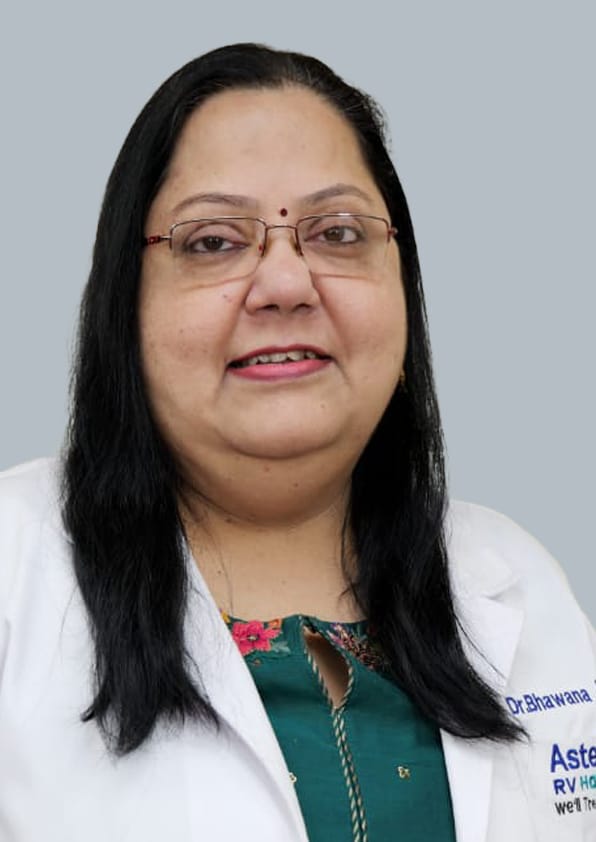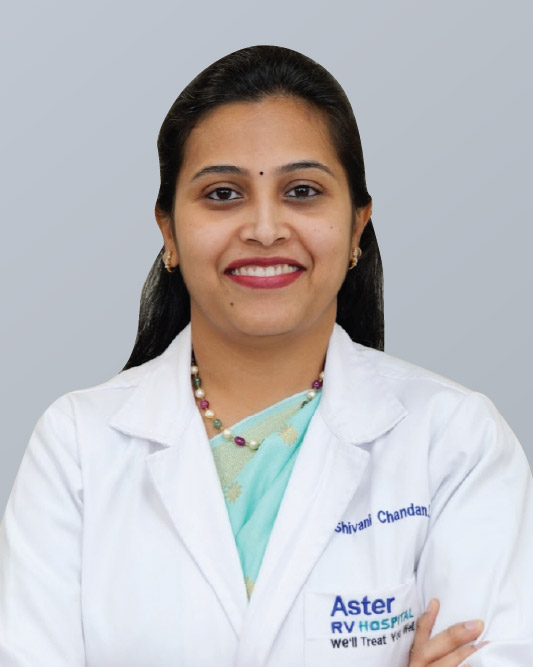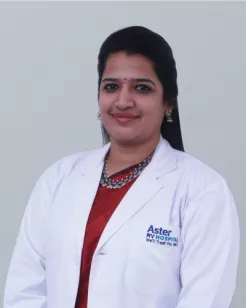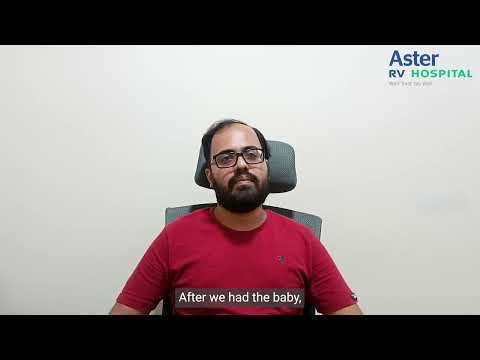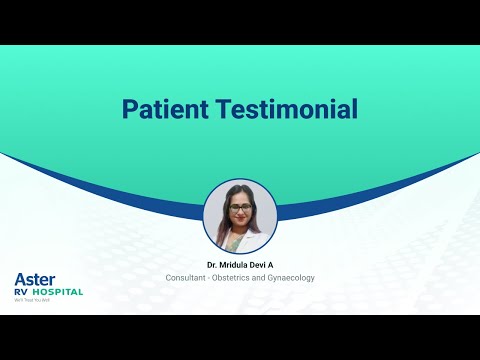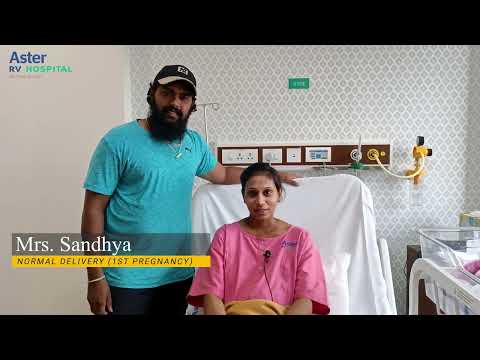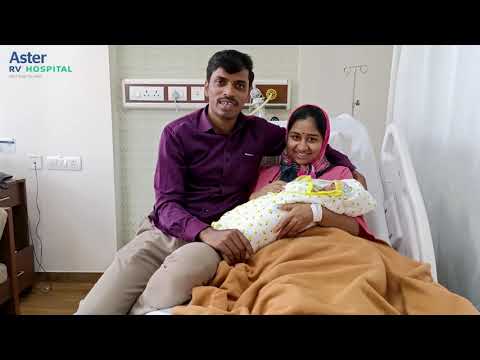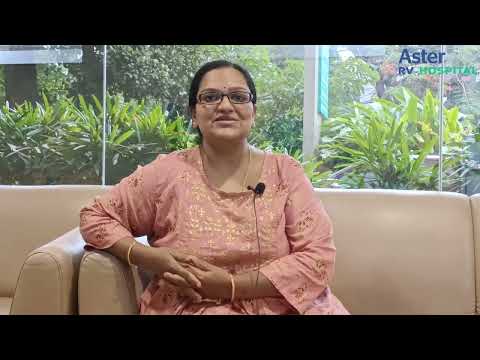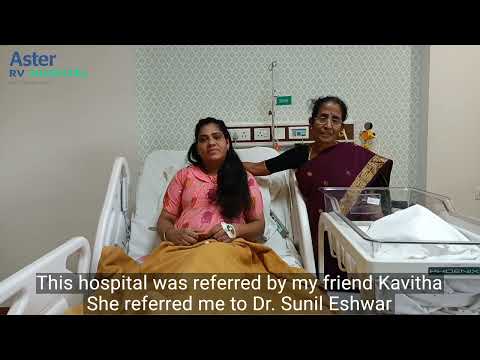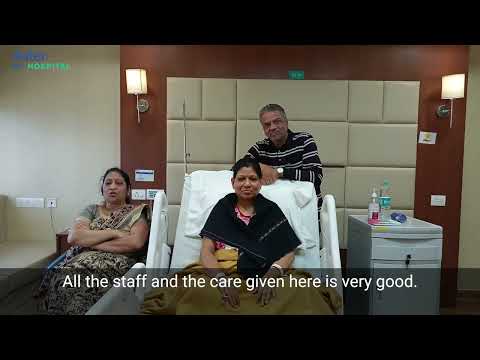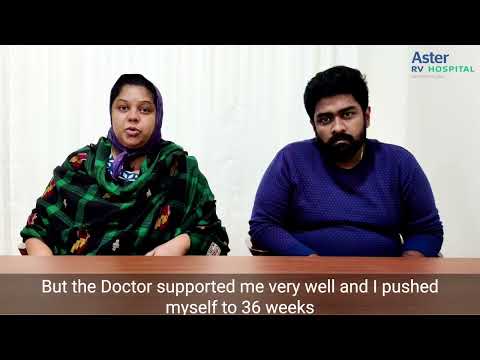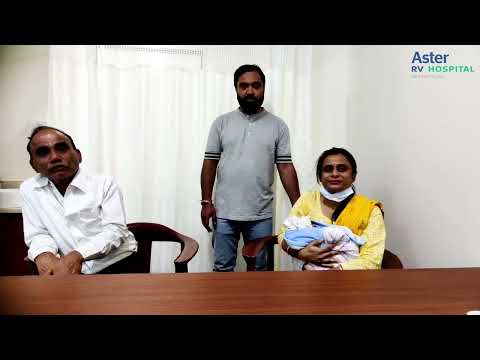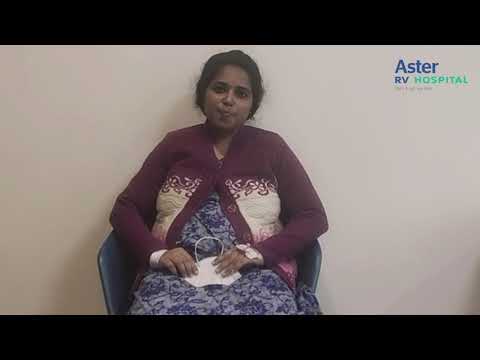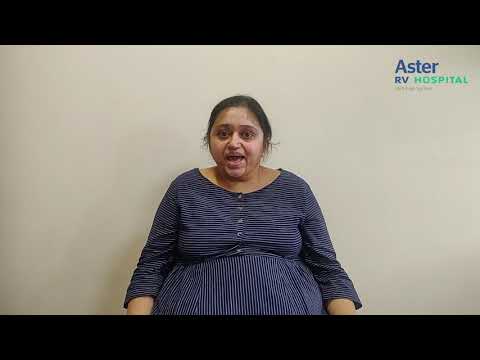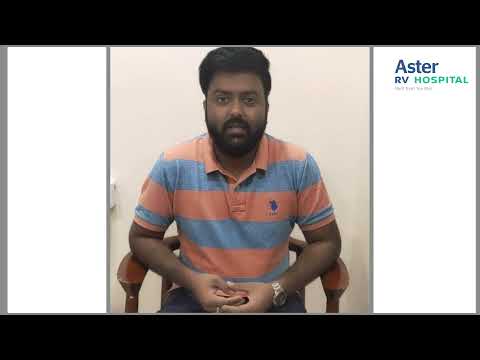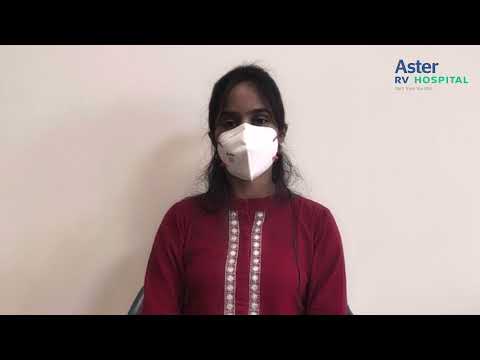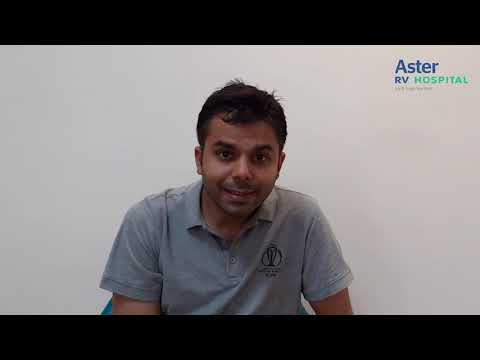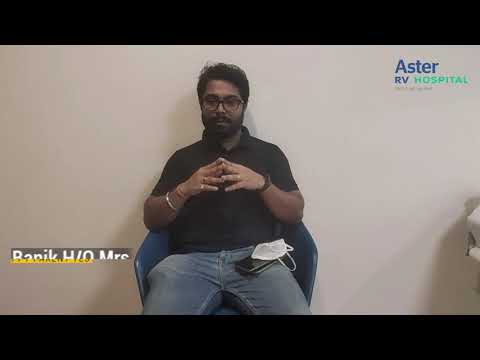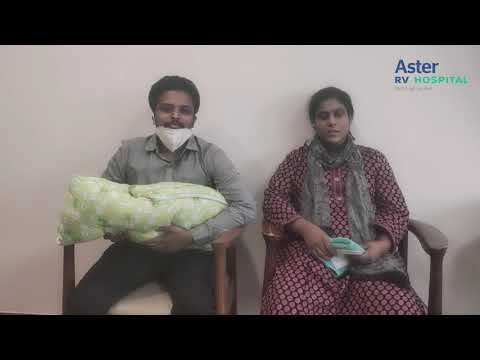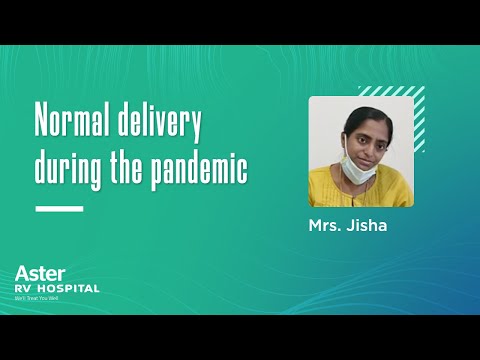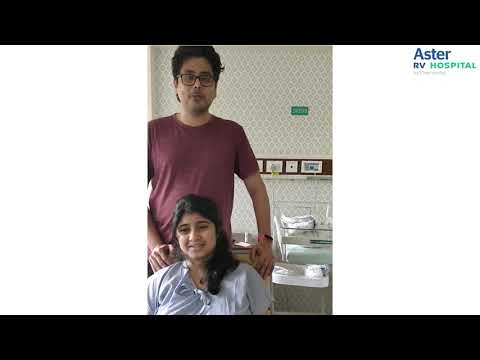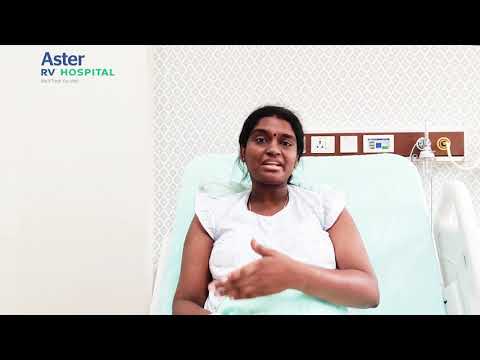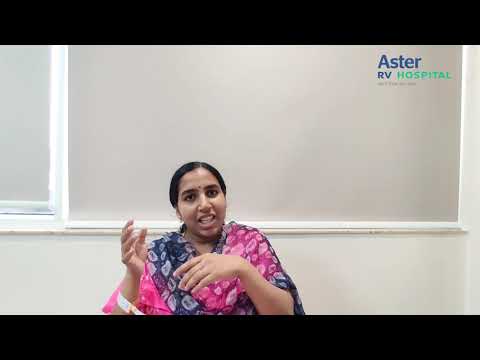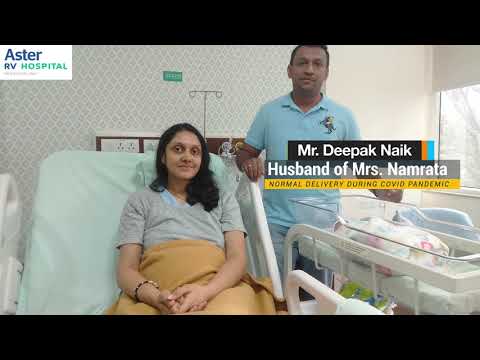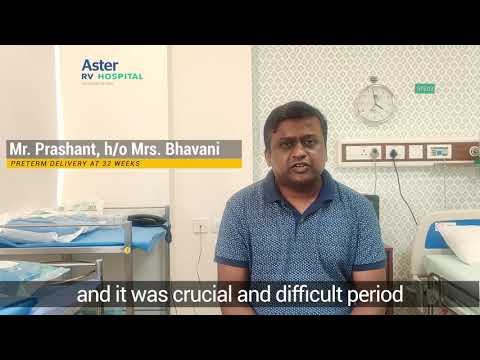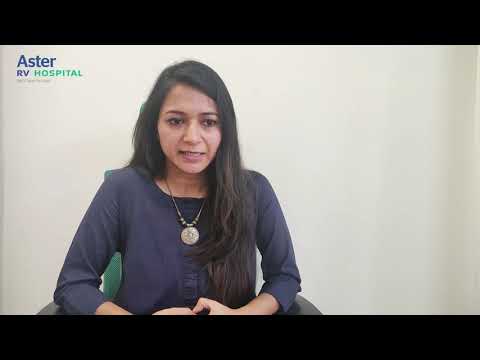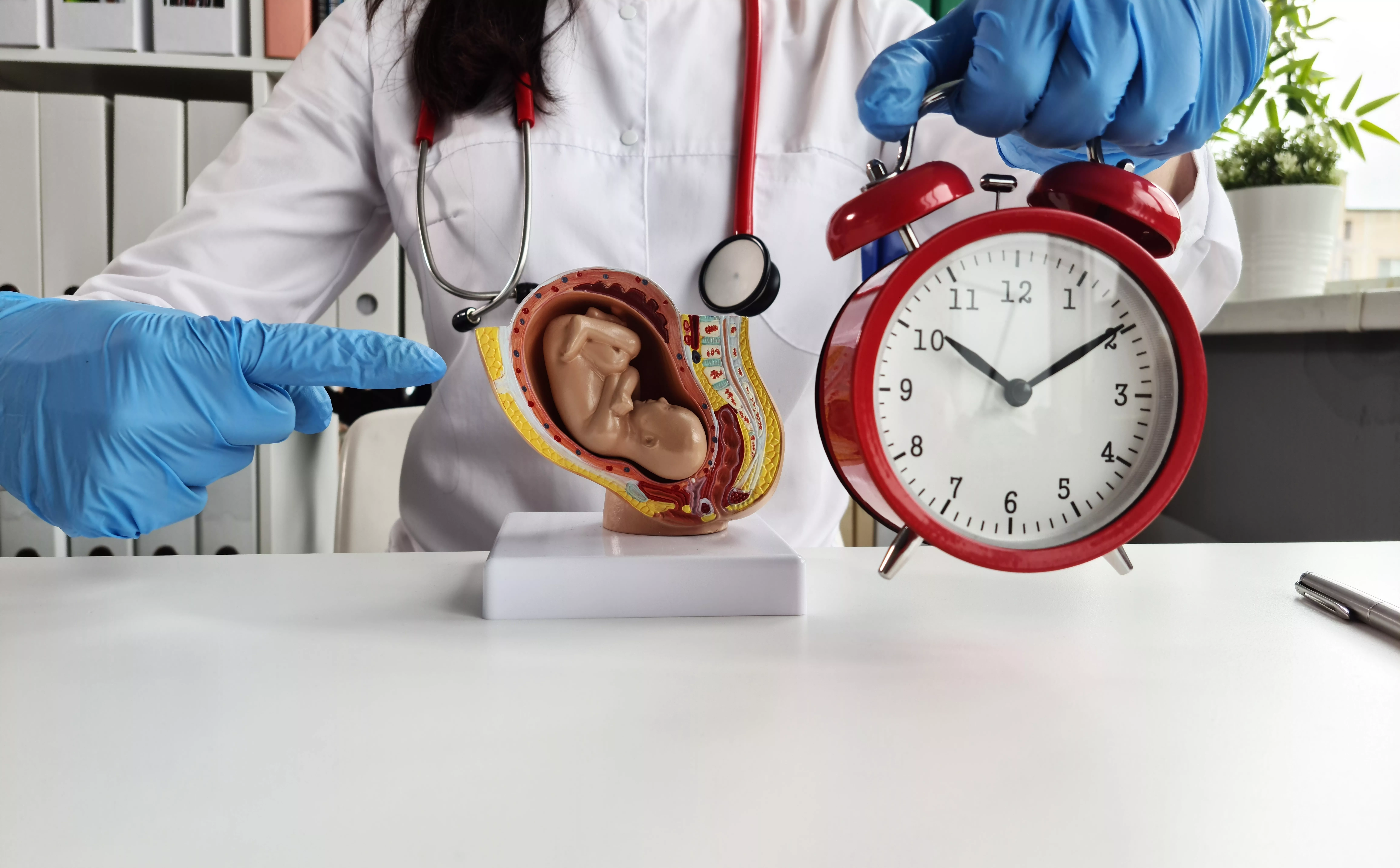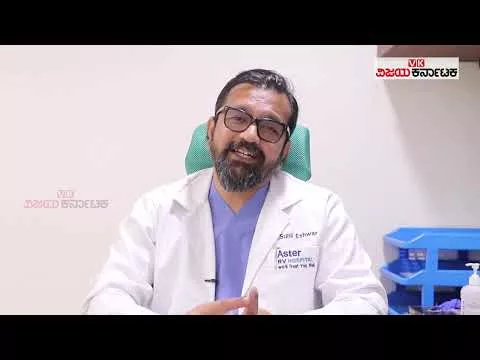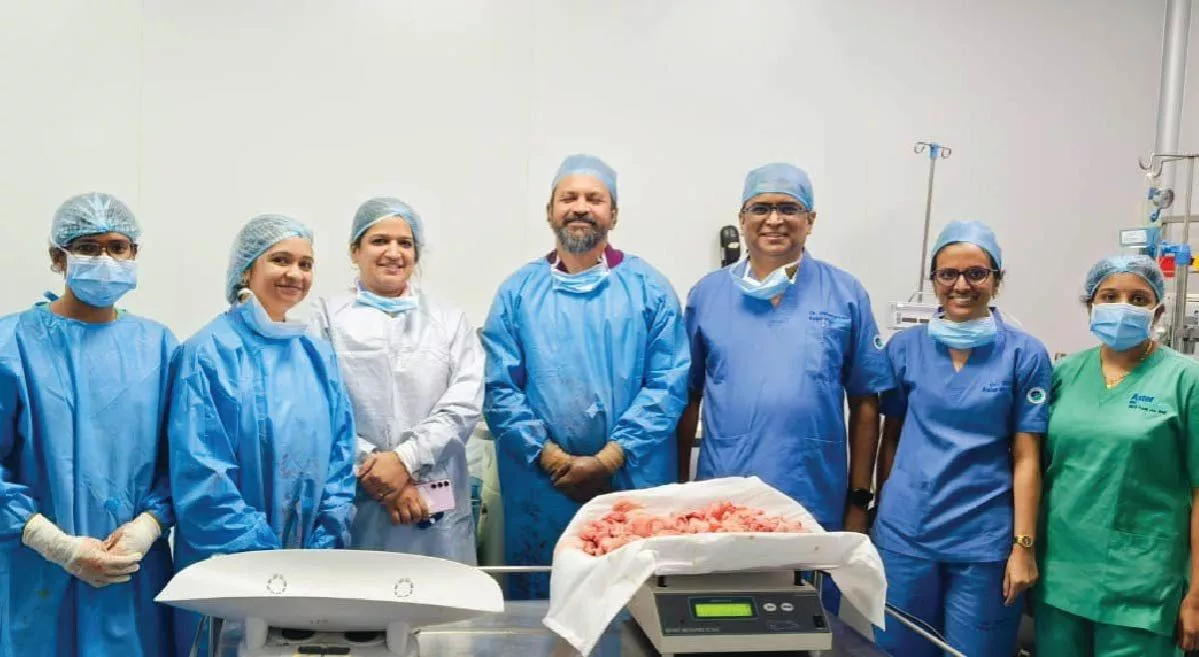The Obstetrics and Gynaecology Department at Aster RV Hospital is a Centre of Excellence that provides comprehensive care and treatment to women of all age groups. Our team consists of well-trained and qualified doctors who cover offer a host of services such as routine Antenatal Care, High-Risk Obstetrics, Fetal Medicine, Infertility, a Variety of abdominal and Vaginal Surgeries, Laparoscopic Surgeries, Pelvic Floor Disorders, Gynaecological Oncology, and Cosmetic Gynaecology.
Our centre provides a team-based approach and a consultation-driven management model (Please provide more details on how this functions and what are its benefits) that ensures the best outcomes for our patients. This approach is unique and one of a kind found @ Aster RV Hospital where a patient management is decided not just by one consultant ,but by a team of experienced consultants to give the patient the best outcome .
The department is supported by an excellent trained nursing team and physiotherapists and dieticians that are experienced in managing obstetric emergencies, high-risk pregnancies and complex cases, offering continuous support and individualized care to expectant mothers, thereby increasing their chances of a normal delivery.
Our Doctors
We have some of the best specialists from around the world, they bring years of experience and offer evidence-based treatment to ensure the best care for you.
Advanced Technology & Facilities
Well equipped with the latest medical equipment, modern technology & infrastructure, Aster Hospital is one of the best hospitals in India.
● Antenatal ultrasound scans
● Nuchal translucency scan – done between 11 weeks to 13 weeks 6 days which is mainly for first-trimester screening for aneuploidies.
● A mid-Trimester Anomaly scan is done between 19 weeks to 22 weeks where the entire structural evaluation of the fetus is done
● Fetal well-being scans were done from 28 weeks onwards till the delivery for assessment of fetal growth and Doppler
● First and second-trimester aneuploidy screening with maternal serum biochemistry and NIPT
● Invasive testing
Chorionic villous sampling and Amniocentesis
● 3D/ 4D scans
● Fetal Echocardiography for evaluation of fetal heart in detail at 23 -24 weeks
FAQs
Want to find out more about the treatment? The answer to your questions can be found below.
Are Obstetricians and Gynaecologists same?
No
What conditions do Obstetrics and Gynaecologists treat?
Obstetricians manage:
- Pregnancy and prenatal care
- Labor and childbirth
- Postpartum care
- High-risk pregnancies
- Miscarriages
Gynecologists treat:
- Menstrual problems (e.g., heavy periods, pain)
- Reproductive health issues (e.g., endometriosis, fibroids)
- Fertility problems, Menopause management,
- Sexually transmitted infections (STIs),
- Gynecologic cancers (e.g., ovarian, cervical, uterine).
What are the early signs of Pregnancy?
Common early signs of pregnancy include:
- Missed period
- Nausea or morning sickness.
- Fatigue.
- Tender or swollen breasts.
- Increased urinationLight spotting (implantation bleeding)
- Food cravings or aversions.
- Mood swings.
What are Obstetrics and Gynaecology?
Obstetrics: The branch of medicine that deals with pregnancy, childbirth, and the care of women during and after childbirth.
Gynecology: The branch of medicine that focuses on the health of the female reproductive system, including the diagnosis and treatment of disorders and diseases related to the uterus, ovaries, fallopian tubes, and breasts.
What is pre natal care visit?
A prenatal care visit is a medical appointment for pregnant women to monitor the health of both the mother and the developing baby. It includes physical exams, lab tests, ultrasounds, and discussions about health, nutrition, exercise, and any potential complications.
What are the precautions of 1st Trimesterpregnancy?
Precautions during the first trimester include:
- Avoiding harmful substances (e.g., alcohol, smoking, certain medications).
- Eating a balanced diet with sufficient folic acid, iron, and calcium.
- Maintaining regular prenatal visits.
Patient Stories
Our patients are our best advocates, hear the inspiring stories of their treatment journey
Blogs
The source of trustworthy health and medical information. Through this section, we provide research-based health information, and all that is happening in Aster Hospital.


